Dear all,
it might be a good idea to introduce some basic concepts to the community – especially nowadays as most people are focused on prices and short-term gains. Even though this might have been written down multiple times, I believe that it is valuable to bring it together in a unique piece of information. I decided to post this text to multiple subreddits to reach more people - please refer to my profile to see which ones. The selection is based on the fact that they are the largest in the cryptocurrency space here on reddit. A lot of people in the subreddit here do not understand basic but important concepts of money and its history – a state of affairs that I am motivated to help change.
The topics covered are of philosophical and economical nature. Crypto is way more than just asking the question ‘When moon?’.
What is money?
Over time, gold and silver were used as money. Money is defined as a means of exchange, storage of value and a unit to calculate prices with. But how did it come that across continents, so many different cultures used these precious metals as money? Consider the natural situation where the economy is not well developed. If you want to exchange something, you need to use barter which is inefficient and time consuming. The detection of a good usable as money is crucial to benefit society as it allows participants to use their most sacred resource – their lifetime – to pursue other things with the time saved from barter exchange. But how does a good become money? There is one common evolution that can be observed and logically explained – Ludwig Edler von Mises termed it the ‘Regression Theory of Money’ in his habilitation ‘Theorie des Geldes und der Umlaufmittel’ (in English ‘The Theory of Money and Credit’) from 1912. This theorem states that money has value as of now because it had value yesterday; put into context nowadays, one might say that this is the network effect. But if you ‘regress’ this back in time, there has to be a starting point: The first time a good becomes money is the transition of a valuable product into a mean of exchange, and this mean should be commonly accepted across market participants. Gold and silver were valued as jewellery, so many people in a barter economy would be fine with accepting this. The transition of this value into a mean of exchange leads to a network effect were the good gets a monetary value as well, a so called Tauschwert. This is remarkable, as people who don’t value jewellery at all would start accepting this because of its Tauschwert. The same could be observed after World War II in Germany, were American cigarettes became a mean of exchange in the destroyed German economy. Even non-smokers accepted it after it had gotten a Tauschwert. Besides, there are exotic examples of monetary goods, such as the so-called ‘Rai stones’ in Micronesia that were small to very large round stones with a circle hole in the middle and not easily transportable but used as money. This is a nice example that a common belief can result in the emergence of money; but does the Micronesia example contradict Mises’ theorem? Not necessarily, as value is subjective and a very strong (also religious) belief might as well provide value in itself. Nevertheless, the more ‘classic’ transition of a valuable product resulting in money was clearly the norm.
But this is not enough. Money should also be hard to fake, it should ideally be dividable in smaller units and it should definitely be long lasting. All these reasons spoke for precious metals like gold and silver. In a nutshell, the fact that they are hard to fake and that their supply is not increasing ambiguously make them ideal money. Why is a solid and slow increasing supply important? If you aim at storing value in time, this characteristic follows from basic economic thinking of supply/demand. The demand is quite stable and will be increasing over time if societies and economies get more efficient. Trust in the fact that the gold or silver supply will not just double in two years make it ideal to store value over time. So, as people can’t be trusted easily, precious metals scarcity and their difficulty to counterfeit made them ideal for people to trade without trusting some specific entity. Unfortunately, there was one problem: States/ empires could monopolize the minting and this is what usually happened. The nominal value of a coin could be the same but the amount of precious metal inside could be reduced in order to mint more coins. The first quantitative easing was born! With these methods, empires could finance their expensive wars. The Roman Empire wars are a perfect example of this process.
As things went on, gold smiths (the first banks so to speak) started to accept gold, promised to deposit it in exchange for a paper certificate verifying the amount of gold; whoever claimed that certificate at the proto-bank was able to get the physical gold. This is where the ‘trust-layer’ comes in. Gold in itself is trust-less, one ounce of gold is one ounce of gold, period. But as human technology evolved over time making life more comfortable and easier, the need for convenient means of exchange representing money (the gold in deposits) like paper became clear. But you might guess the potential misuse of such a system. By issuing more certificates than what could be backed by gold, some proto-banks discovered the Cantillon effect / seigniorage: Whoever would make use of its newly created certificates first could accumulate wealth, while subsequent users would be faced with a decrease of the monetary value of their certificates. Indeed, after the new certificates find their way through the economy and aren’t hoarded somewhere, prices tend to go up, a phenomenon commonly referred to as ‘inflation’. Without going too much into detail, this process is not proportional by the amount of newly created certificates but generally in the long term, an effect on prices will occur. One could interpret this wealth transfer under the lens of the fundamental laws of thermodynamics (first and second law), which states (in very simplistic terms) that ‘nothing is for free’, no perpetuum mobile is possible. The very same scientific truth applied to the economy: Nothing is for free, someone always has to pay for it.
To speak it out clearly: This process is fraud and it is not compatible with property rights. By breaking the promise of gold depositing the bad actor clearly violates the underlying contract: most people would not voluntarily accept an ambiguously inflating certificate scheme. Also, it dilutes the purchasing power of old certificate holders. In a free-market system, these bad actors should get punished and be treated as criminals by the judicial system in place. But states/ empires began to monopolize and/or regulate the system and this is where the real drama begins. As states/ empires are monopolies of force with limited control mechanisms on how this force was and is used, it is clear that this institution has an interest in extracting purchasing power from the peasants (also called ‘taxpayer’ nowadays). Across history, war financing was the main incentive to expand the power even further. Nowadays, it is still war financing but also social welfare programmes, as the former also require large amounts of money (just check the government spending of the USA and you will be surprised by the fact that way more is spent on social programmes than on military even though the defence budget of the USA is more than insane).
Free markets and capitalism are incompatible with fiat money
As already stated, the dilution of purchasing power is fraud and incompatible with property rights. Of course, you might be free to found a bank that is issuing more certificates than gold deposits and tell your customers about this procedure from the very beginning orally and also via contracts. However, with other actors competing for this market this is not likely to be a sustainable business model. Why should anyone put his or her hard-earned money into such a bank?
This is why in today’s world, we do certainly not live in free markets as a lot of people think. We have elements of free markets for sure, certainly this is true and certainly comes in various flavours (take Australia for example and compare it to North Korea). But currently all states in the world have a fiat-money regime. Money in itself could be classified as an own type of good, neither consumption, nor production good. One might conclude that it constitutes a class of its own, a class of good that is so important that it represents one side of a trade for almost all trades in an economy. Free markets and capitalism require property rights as this is the very definition of it; if the means of production (land, labour, properties, machinery and so on) are private you have capitalism, period. Even the degree of ‘private property’ is controversial as the government owns large amounts of land; the government regulates a lot, so even if you are a private owner on paper, a state can regulate so much that it is de facto also an owner of your property (simply put, this is the model of fascism; instead of ‘collectivizing the means of production’, the government can ‘collectivize the individual’); your labour is taxed by the government and depending on where you live by quite a substantial amount and additionally a lot of people are paid directly by the government (local or federal) because they work as public officials and so on. But most importantly: Money as it is today is issued by central banks with no backing whatsoever; therefore a central bank perverts the concept of free markets and capitalism. Even if a central bank is partly ‘private’ as the Swiss National Bank (you can actually buy stocks from this central bank), central banks are a creation of law and not of free markets.
Why the US gold standard was a fraud scheme
What is a gold standard? In a strict and correct term, it means that gold is money and every paper certificate using as means of exchange is 100% backed by it. With this perspective, the USA actually gave it up with the founding of the First Bank of America in 1791. This central bank lasted until 1811 and was able to issue debt certificates in a higher amount than what could be backed by gold. The founding of the Second Bank of America in 1816 was again against the principle of a gold standard (or better: bimetallic standard, as written in the Constitution), this institution lasted until 1836. By the way: Andrew Jackson, President of the United States, fought against the Second Bank of America and vetoed its charter in 1833. In 1913, with the creation of the Federal Reserve Bank by the Federal Reserve Act, the concept of a national central bank became permanent compared to the former ones which only had licenses granted by congress. Officially, the USA still had a gold standard, but what is the motive behind a central bank under such a standard? Correct: Undermining it**. I will come back to this point with the history of the Federal Reserve and the monetary supply during the 1920s.**
In 1933, the fraud got its first large scale mark with the decision of Franklin Delano Roosevelt's Executive Order 6102 which came into effect the same year the Nazis gained power in Germany. With this Executive Order, it was forbidden for US citizens to own more than 100 USD in gold coin, gold bullion, and gold certificates within the continental United States. One ounce of gold was the equivalent of 35 USD. This means that the citizens had to bring the exceeding gold to the Federal Reserve System, there they got 35 USD in paper certificates for one ounce of gold. This was an act of fraud and theft, because the Federal Reserve of course had the ability to increase the debt amount now as it could before, diluting paper certificate holders.
The final act against the gold standard and its ultimate murder happened on August 15th 1971 by Richard Nixon, stating: ‘I have directed Secretary Connally to suspend temporarily the convertibility of the dollar into gold or other reserve assets, except in amounts and conditions determined to be in the interest of monetary stability and in the best interests of the United States.’ (source: https://www.presidency.ucsb.edu/documents/address-the-nation-outlining-new-economic-policy-the-challenge-peace#axzz1UZnES7PMon)
It took two world wars to get totally rid of a gold-standard; because of von Mises’ regression theorem people continued accepting fiat money; most of them did not even notice the difference after US President Richard Milhous Nixon ‘temporarily’ stopped the exchange of dollars to gold on August 15th 1971. Until now, this is still in effect; President Nixon probably understood the word ‘temporarily’ in cosmic orders of magnitude.
Friedrich August von Hayek and the ‘Denationalisation of Money’
Von Mises’ student Friedrich August von Hayek, the real opponent of John Maynard Keynes (and not Milton Friedman as commonly thought) proposed the ‘Denationalisation of Money’ published in 1976. This is a truly important work and it was published during the stagflation times in the USA (high price inflation rates, low economy growth and higher unemployment). Hayek understood one basic fact about gold standards: Even though gold is great in itself, the trust-layer with the government is flawed by design. He proposed a free market for money to take away the power from the government.
Do you want to know what kind of suffering has been imposed upon millions of people via fiat money? First: wars. The logic is relatively simple, you can’t finance large scale wars for a long time without fiat money; actually, the European nations abandoned the gold standard right at the outbreak of World War I (World War II was also financed by fiat money). Second, fiat money has been an instrument to steal people’s purchasing power with inflation. In its most extreme version, hyperinflation, the purchasing power has even been reduced to null. Inflating of the money supply has caused booms and busts (Mises’ and Hayek’s works on this topic is recommendable) as it also affects real interest rates, which then affect human behaviour and so on. Why is human behaviour affected? Well, if interest rates are lower than in a free market based on sound money, short-term borrowing becomes relatively easier and consumption is rewarded higher than long-term saving and wealth creation. Also, companies might start using cheaper debt to finance themselves which changes their capital structure. Economic ventures become ‘worth it’ with lower credit cost compared to the free market case. Furthermore, states also take more debt. Thus, in a system with artificially low interest rates, monetary funds, resources and human labour get allocated in a different way, usually less efficient way, than it would be in a sound money system. The day when central banks have to raise interest rates to avoid hyperinflation, the party ends: The debt costs increase and refinancing becomes more expensive. Without such a monetary system, the subprime mortgage crisis that lead to the financial crisis of 2007-2009 would have never been possible. These large risks wouldn’t have been taken by so many and actually, without huge additional money from the central banks and the business banks it would simply not be possible to drive a speculative frenzy of such epic proportions ruining a whole economy. There is more to this but this goes far beyond of the scope of a reddit post. The business banks’ contribution to the increase of money supply happens through the fractional reserve banking regime. What is fractional reserve banking you might ask? It means that a business bank can lend more money than it has in deposits; the minimum reserve is decided by the central bank. For example, if you have your deposits at a bank, you officially lend this money to the bank which in turn lends it to others; but by doing so, the business bank creates new virtual money, as the bank must not hold 100 % fiat reserves for all the claims; that is why bank-runs ruin banks, as they do not have enough funds to cover all claims if large amounts of customers want cash; maybe this makes you understand why central banks and governments are interested in introducing their own digital currencies, a real dystopic nightmare.
So, it is now clear that a free market for money would lead to more peace, more stable economies with lower, but steadier and more sustainable economic growth. And this is why private banking with solid money like gold and/ or silver is better than the current status quo. Hayek wanted government completely out of this; and that is for good reasons in regard to history and human nature. As already mentioned, even during the gold standard times in the USA, it was possible to issue more paper certificates than gold. The Federal Reserve actually did this during the roaring twenties, contributing to the frenzy during these times which lead to a catastrophe. Murray Newton Rothbard highlights this process in his work ‘America’s Great Depression’ from 1963. Rothbard was a student of Ludwig Edler von Mises and wrote besides economics also about financial history with focus on the USA. He teaches us that the Federal Reserve total Dollar claims on June 1921 were 44.7 billion USD with a total gold reserve of 2.6 billion USD. Then, on June 1929, the claimed Dollar amount rose to 71.8 billion USD, a 60.6% increase while the gold reserves rose only to 3.0 billion USD, an increase of 15.4% (Table 2 on page 94, can freely be accessed via https://cdn.mises.org/Americas%20Great%20Depression_3.pdf; original source is **Banking and Monetary Statistics (Washington, D.C.: Federal Reserve System, 1943), pp. 544–45, 409, and 346–48**).
But there still is a problem: Even with a free market monetary system with a solid gold currency the trust-layer is still existent. At least it is not monopolized with the central bank and a cartel of business banks, but market participants still have to trust the depositing institution which usually is a bank, or used to be a bank as gold has been completely demonetized.
The invention of Bitcoin and cryptocurrencies
This is where crypto comes in. I apologize for this long history travel, but it is important to understand cryptocurrencies’ significance. With the invention of Bitcoin it was - for the first time in human history - possible to mimic gold and remove the trust-layer. This is not an understatement.
Let this sink in. If you understand the motivation for sound money and the incompatibility of fiat money with property rights, its pivotal role in free markets and peace, then it becomes clear that Bitcoin is revolutionary. But you may wonder, how is it possible that even people supporting sound money, Peter Schiff being a prominent example, disagree with the concept of cryptocurrencies and Bitcoin? There might be multiple reasons to this, but one common argument is that it has no ‘inherent’ value. However, by applying von Mises’ regression theorem, one can definitely conclude why Bitcoin has value: First, we went from barter to primitive money until many cultures and societies discovered gold and silver which were widely used throughout history. Then governments introduced a purely fiat system; what gave fiat its value? It was not the government just stating ‘Here, accept it now!’, but a long-lasting connection to gold (even though not perfect, but still) the collective used Dollar certificates and other certificates in other countries for generations. It took two world wars to get to the current fiat regime: The change was quiet and did not really appear in people’s daily life until price inflation hit. Thus, the ‘regression’ went from gold, to gold certificates, to fiat. With fiat being flawed by design, Bitcoin was proposed to counter the problems that come with the trust-layer. This should certainly create a value for buyers, especially in countries where you see the purchasing power being molten. The historical perspective helps us understand why for Bitcoin and/ or other cryptocurrencies to be successful, a strong network effect is a prerequisite. Then the ‘regression’ pattern moves towards cryptocurrencies. This is commonly named adoption. Which cryptocurrency or cryptocurrencies will succeed? Will it be Bitcoin? Ethereum? Another crypto? A mix of cryptos? Who knows? I certainly don’t; this decision has not been made by the market participants yet, as we are still in the early days. So von Mises’ regression theorem tells us that the transition from a valuable good or a solid ground belief from the very beginning already happened and then regressed through time!
Let’s note now that cryptocurrencies are also very powerful because governments will not be able to stop or control them. It is impossible to control every single machine connected to the internet. Even though we have nation states, at least we don’t have a world state with a world government; if one nation state decides to ban this technology - a ban that is already hard to enforce by itself - there will be incentives for other nation states to be even friendlier. A coordinated world-wide nation state attempt to destroy cryptocurrencies is practically impossible and even if, people will probably rise up as they understand that something has to be wrong.
This gives me hope. It is sad to see how governments and big corporations in bed with governments control people more and more and how the financial system gets sicker and sicker. Well, at least we do not have large scale totalitarianism as in the 20th century. But we witness the developments of more controls, more economic interventions, more money destruction through supply increase and this might lead us to more totalitarian states. But crypto is here to stay and evolve. And it is powerful. It is powerful because it is a means of disempowering nation states and the fiat money system. Without fiat money, it is impossible to sustain and finance large states spending huge amounts of money in a way where the people making decisions did not earn the money by themselves. It is especially impossible to finance large scale wars, a property that should by itself defeat the fiat money regime. The fiat regime is the core of statism and totalitarianism - without its core element, it can’t survive. Of course, disinformation is a crucial part of this, but it is not the core of statism and totalitarianism: Without fiat money but with disinformation, these political forces cannot achieve much. This an important point to understand, as modern large-scale wars and welfare states are impossible to finance with solid money. This is why you can’t logically promote Bitcoin or another serious crypto while being a collectivist, either a socialist or fascist. These ideologies are highly flawed in a practical and ethical sense; the argumentation about this statement (more from the practical side) has been done by Ludwig Edler von Mises himself in his masterpiece ‘Sozialismus: Eine ökonomische und soziologische Analyse’ (English: ‘Socialism: An Economic and Sociological Analysis’) from 1922. One of his main points is that under collectivized economies, the central planners can’t calculate on prices as there is no pricing mechanism telling participants what is worth pursuing and what isn’t. Indeed, with means of production that are not private, it makes rational decisions about pricing impossible because these very same means of productions have no price. Friedrich August von Hayek wrote a lot about the impossibility of collective economies, focusing on the information problem and the inherent decentralized dynamics of the market mechanism. But there are even more arguments against it, here is a simple one: Centralization of power in order to fulfill collective economies, be it on a local level with communities or on a large level across nation states, will always corrupt people, and notably more so in the latter case, as human nature is as it is (humans want the outputs without putting in the work and the energy). There would be no problem with socialistic/ communistic or fascist communities if they respected property rights of others, but they don’t by definition. This is the moral difference between collectivism and individualism: Under an individualistic, property rights centered order, you can try whatever you want unless you don’t violate the property rights of others. In this setup, if you want to start a collectivist paradise by yourself and find people who want to voluntarily join you, you are free to do this. Ironically, starting a business and/ or using sound money under a collectivist order would possibly result in penalties and in your death in the worst case. Interesting fact: Even when done voluntarily, collectivist models fail. This can be exemplified with the New Harmony project in Indiana (USA) during the 19th century or even the Kibbutzim in Israel, many of which failed and of the remaining ones, the large majority threw their hard-core collectivist ideals away. It is also interesting that internet devices and smart phones found their way to Kibbutzim nowadays. It should not be explained that under a total collectivized global economic regime, hard work and innovation leading to our daily life’s devices wouldn’t be possible, just by the nature of human incentives and behaviour.
Smart contracts and beyond
Even though Bitcoin started as being a ‘Peer-to-Peer Electronic Cash-System’ and now seems to find its role as a store of value (with a lot of speculative elements as it is still early), the idea of smart contracts provides even more power to decentralization by allowing to participate in businesses and trades without the trust-layer. This is achievable by Decentralized-Finance or Non-Fungible-Tokens which could become a standard for property exchange. They could one day register governance via a hard-encoded trust-less protocol on a blockchain, or handle bond and stock exchanges that work with lower costs and higher efficiency without intermediaries. Way more applications could probably be enabled by a such a decentralized, trust-ensuring protocol. All of this is unstoppable and will transform the world for the better. I am so happy and proud that it all started with Bitcoin, with all its ups and downs and insane stories. The sector keeps evolving, attracting more and more visionaries and great minds contributing their part to this field.
Furthermore, the impact of these technologies on governance can truly be disruptive, allowing more transparency in public finances to prevent corruption when dealing with public money in a city, province or even nation state. There are many issues yet to be solved from a technical and also architecture point of view (surely, it is useful to have privacy in the sense that nobody can track where the tax money is coming from, but as soon as it is on the public side ready to be spent, an immutable blockchain could be quite helpful here). The decentralisation of cryptos might even lead to political decentralisation, solving problems on the local level where they arose in the first place. Who knows where this journey will bring us?
Before finishing, it shall be mentioned that the large banking sector needs the government and vice versa. Simplistic thinking might lead some to the conclusion that one single governmental bank and the abolition of interest rates will solve all problems, but if you made it until here, you probably understand why this is utopist and flawed. Governments are dangerous and as long as centralization of power exists, special interests (especially from the banking side) will always lobby and gain privileges, period. With sound money, the very core enabling large powerful states is removed. Besides, with the use of smart contracts for governance there will hopefully be some additional pressure towards political decentralization. Always remember: Special interests will always try to collude governments and the more centralization, the easier it gets. It is no surprise that Ancient Greece with its decentralized nature with hundreds of small city states flourished so much compared to other areas of the world which marked the beginning of a historic journey until we got modern civilization which was born and carried out in Europe. Also, it doesn’t come to any surprise that many small city states nowadays allow their citizens high levels of wealth without access to natural resources. Even the decentralized nature of Switzerland, advocated by many (especially by citizens from the surrounding European Union with its centralistic tendencies) as combining the current best political system in the world, doesn’t come to any surprise. In fact, when looking at economic and social freedom combined, Switzerland is the freest country in the world. By the way, the canton of Zug where you can find the so-called ‘crypto valley’ is also located in Switzerland.
Conclusion
Cryptocurrencies are here to stay. They will transform this world. Hayek’s dream will come true, as there are no means by which governments can stop this evolution. I am convinced that Hayek would be deeply happy about the evolution of this field. The failure of fiat will be the victory of crypto. Even though gold and silver are great for monetary purposes, especially when thinking about an intelligent alien in our galaxy that would probably rather accept gold than a cryptocurrency, it is human nature and thus the trust-layer that make a monetary system prone to corruption, legal action and intervention by the government possible. This messes up things even more than single bad actors in the market in the long run. This is why gold and silver, being valued not only for jewellery, but also electronics and industry nowadays will probably always be valuable and a good hedge against price inflation in the long term. Their physical properties (noteworthy that silver is the element with the highest electrical conductivity which make it unique) give them their own strengths and powers.
I believe that it is too early to say which cryptocurrency or cryptocurrencies will make it; let us see. Maximalism is a single-minded attitude in a fast evolving and relatively new field. Only time will tell what will succeed and what won’t. But I can assure you one thing: The idea of decentralized cryptocurrencies will succeed and make this world a better place. Hayek’s idea is more powerful than ever before and it is gaining power and popularity. The failure of fiat will be the victory of crypto.
Edit: Grammar and typos.
[link] [comments]

You can get bonuses upto $100 FREE BONUS when you:
💰 Install these recommended apps:
💲 SocialGood - 100% Crypto Back on Everyday Shopping
💲 xPortal - The DeFi For The Next Billion
💲 CryptoTab Browser - Lightweight, fast, and ready to mine!
💰 Register on these recommended exchanges:
🟡 Binance🟡 Bitfinex🟡 Bitmart🟡 Bittrex🟡 Bitget
🟡 CoinEx🟡 Crypto.com🟡 Gate.io🟡 Huobi🟡 Kucoin.
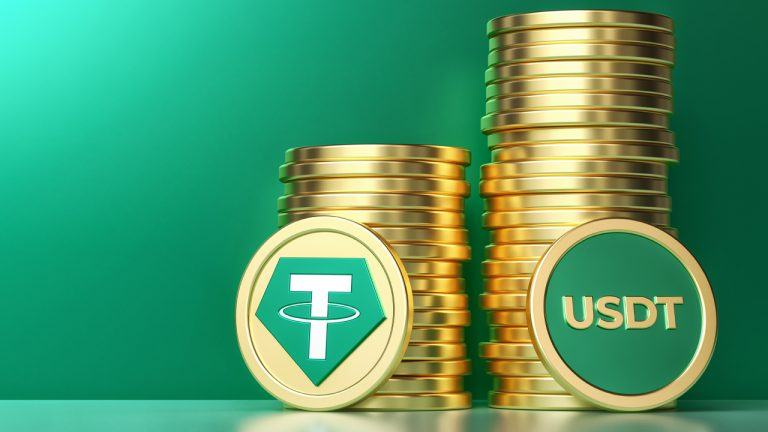


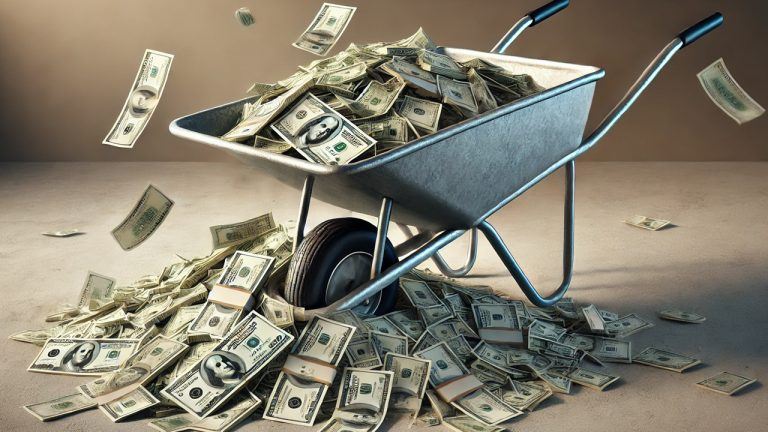




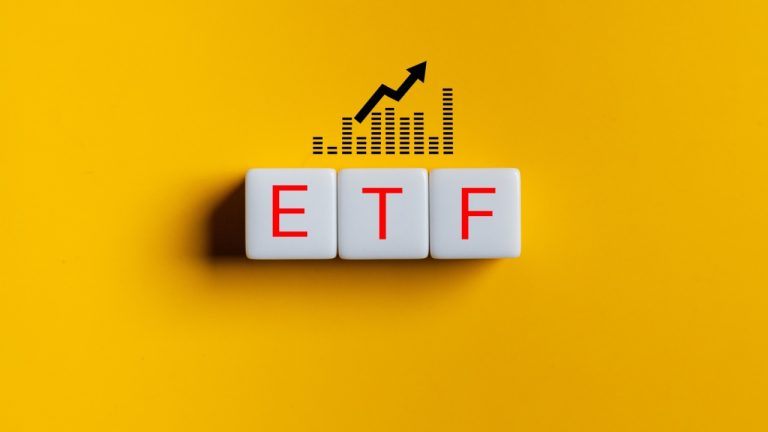

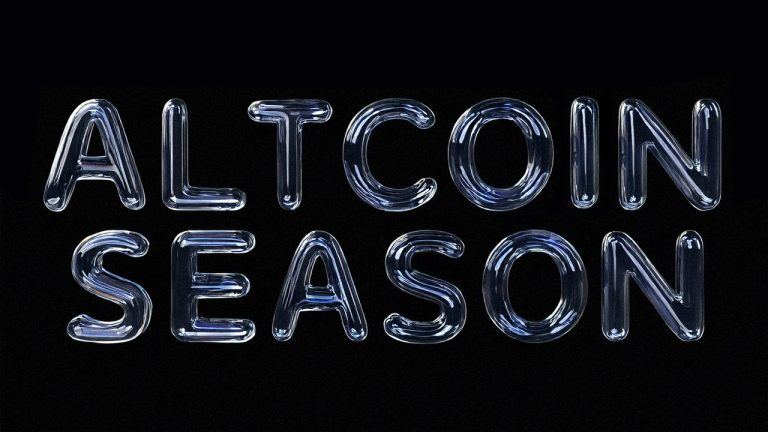

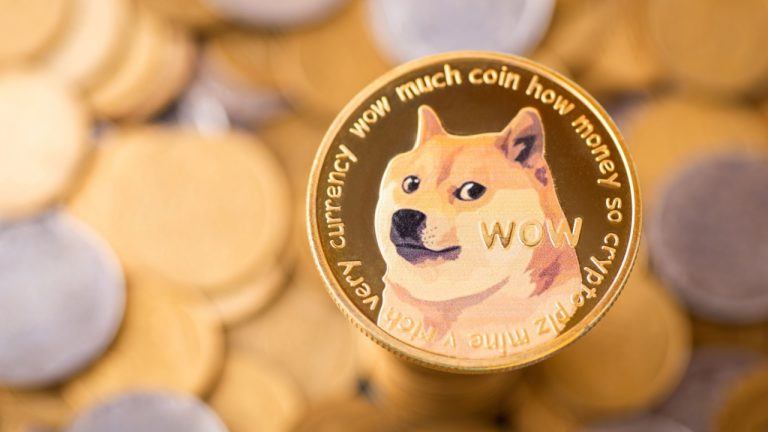
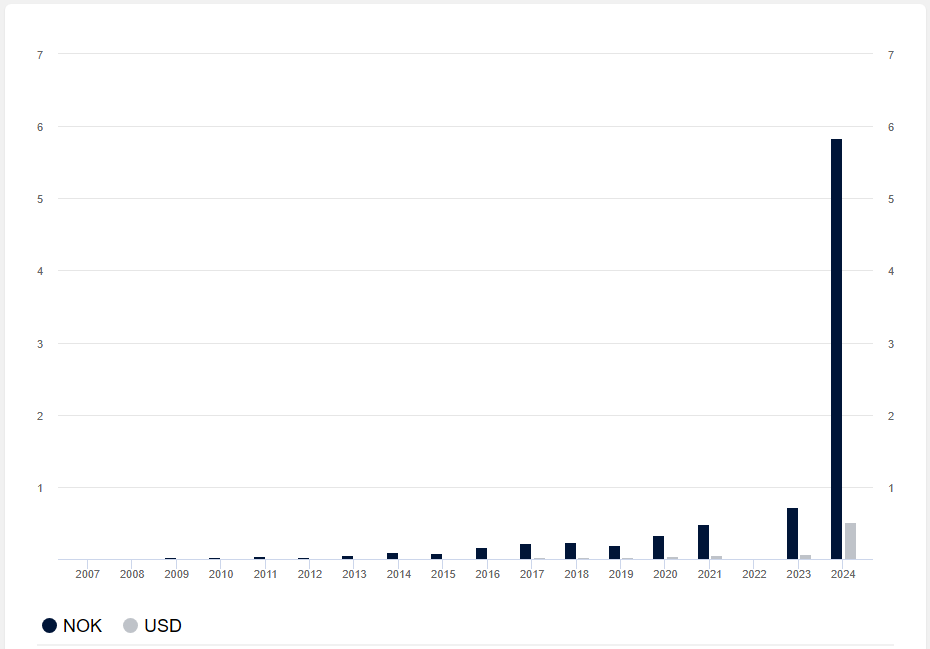
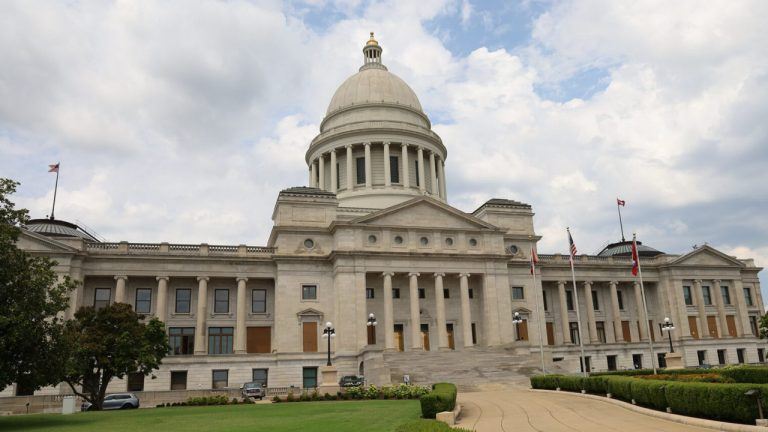
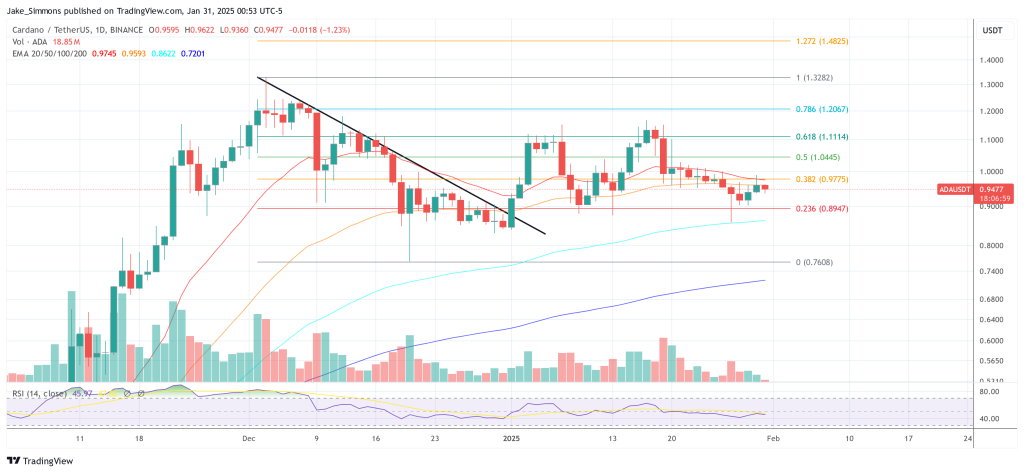
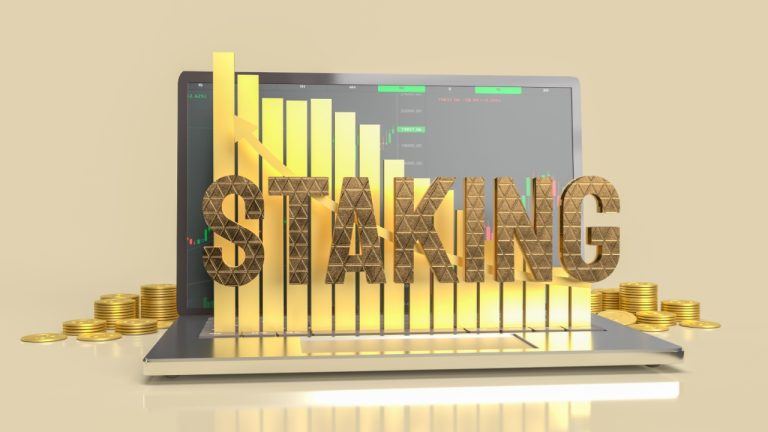



Comments